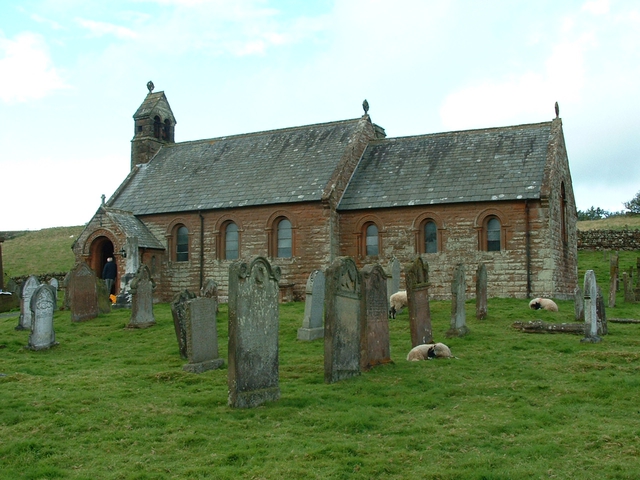Closed Churches

Churches, like other buildings, can outlive their original purpose. Those no longer required by the Church of England for regular public worship may be closed by a scheme under the provisions of the Pastoral Measure 1983. This also sets out procedures for settling the future of these buildings.
Each diocese is responsible for seeking new uses for closed church buildings in its area. The main emphasis is on finding suitable alternative uses for listed buildings or those within conservation areas which are often important parts of our national heritage.
The final decision about the future of closed church buildings rests with the Church Commissioners. They are helped by the advice of the Statutory Advisory Committee of the Church Buildings Council. Before a proposal for a new use, demolition or preservation can take effect the Commissioners (through their Closed Churches Division) must prepare and publish a draft scheme and consider any representations.
The Church Commissioners distribute the proceeds of the sale of closed churches and sites. At least two-thirds of the proceeds are returned to dioceses for the support of the living Church and are used for purposes such as clergy stipends and housing and new church buildings. A one-third share goes towards the Church's share of financing the Churches Conservation Trust or helps with the maintenance of churches pending a decision on their future.
If you are considering the closure of your church then please contact your Archdeacon as early as possible.